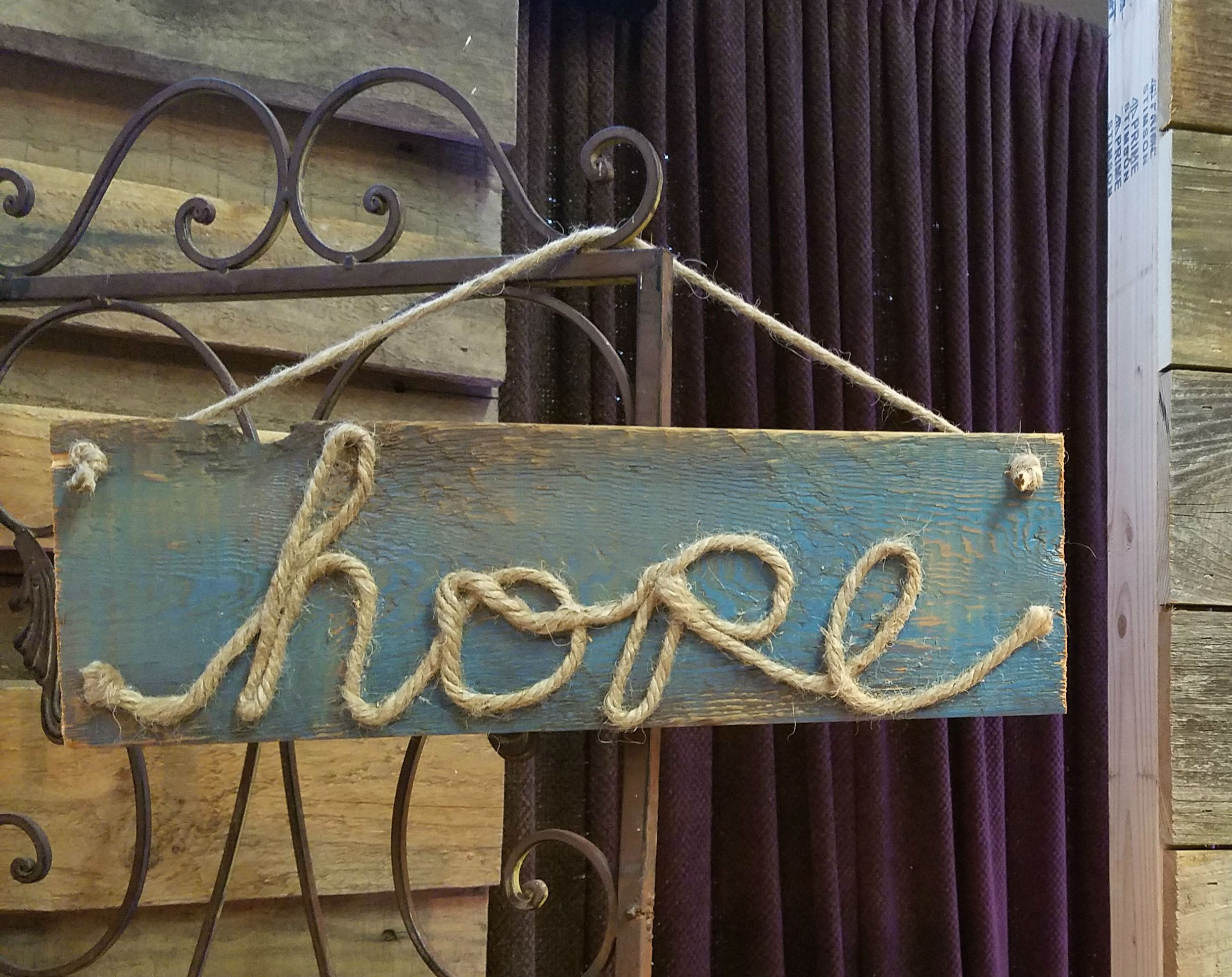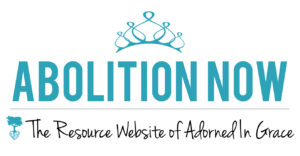
What does it mean to be a mentor?
Specifically, what does it mean to mentor a survivor as she journeys towards becoming a “thriver?”
The answer to these questions is what Hope Matters 2016 was all about.
Our fourth annual Hands of Hope Mentor Training, the goal was to continue making these trainings as practical and hands-on as possible, while still not neglecting the big pictures “whys”: Why does this happen? Why should we care? Why does mentoring matter?
As with any gathering of likeminded, passionate people, the most beautiful part of the day became the stories that emerged.
Stories of survivors who have walked the difficult road to recovery, and are now assisting others on that journey.
Stories of women who are more than survivors, who are no longer defined by their past or their present but by their strengths, their wisdom, and their identity as beloved daughters of God.
Stories of women who are just now beginning the road to healing from intense, complicated trauma and abuse.
Stories of those who are walking alongside them in various roles, whether giving their time, resources, skills, or simply letting these women know they are not alone.
Each of the fifty-plus attendees who walked into the room that morning also came with their own unique stories to tell: from the two friends in their twenties with the passion to open a survivor-employed bakery, to the stay-at home mom whose Etsy jewelry business supports vital resources for those just exiting the life, to the retired grandparents supporting Hands of Hope in constant prayer. Only a quick glance around the room reminded us of what a beautiful “village” the Church can be in surrounding and supporting every stage of the journey.
This year, we were especially excited to partner with Jeri Moomaw, a powerful advocate for anti-trafficking work in the Tacoma area, who walked participants through many of the practical “do’s and don’t’s” of mentoring, including a helpful session of role-play. We also had the opportunity of hearing from many different viewpoints during our panel discussion, which included Sgt. Mike Gallagher from the Portland Sex Trafficking Unit, Robin Miller from Lifeworks NOW, and representatives from Adorned in Grace and Abolition Now Communications. This panel was a great representation of the unity and partnership happening in the Portland area, which is vital for anti-trafficking work to truly succeed.
When asked how they plan to use the information they received from the training, participants shared many different and exciting answers:
-
To mentor with Hands of Hope
-
To help plan instruction for my trafficking unit in my health classroom next year.
-
To share as resource info and encourage others to seek help and not allow their past to order their future.
-
To help lead men away from the problem and toward our Savior. To show women of any age that there are men who love Jesus and want the best for them, not selfishly use them.
-
In my volunteer jail chaplain position where I many times work with victims of abuse and those with a background of prostitution.
-
In working towards opening an emergency safe house in my home in Kelso,WA.
-
To educate an outreach team I oversee.
-
To move forward in this fight against trafficking, I plan to use what I’ve learned in prayer and to help educate others.
-
To assist in a Mending the Soul group
-
To help me in an advocacy class that I am enrolled in this semester. The training also provided me with the opportunity/skills to get involved in the community.
Perhaps one of the most exciting partnerships emerging from the training is a collaboration with Echo Ranch, just down the road from the training at Abundant Life Church. Founded by Dorine Nickerson and her husband, the couple are opening up their ranch for our “Thriver” support and development groups beginning this June. We are thrilled to have Dorine join the Hands of Hope team and look forward to seeing God use Echo Ranch in many ways!
In his book Generous Justice, Tim Keller uses the metaphor of a tapestry to explain the beautiful way the Gospel weaves our broken lives together into wholeness.
“The world is… rather like a fabric. Woven cloth consists of innumerable threads interlaced with one another. Even more than the architectural image, the fabric metaphor conveys the importance of relationship… to ‘do justice’ means to go to places where the fabric of shalom has broken down, where the weaker members of societies are falling through the fabric, and repair it.
“…How can we do that? The only way to reweave and strengthen the fabric is by weaving yourself into it. ..Reweaving shalom means to sacrificially thread, lace, and press your time, goods, power, and resources into the lives and needs of others.”
As the training drew to a close that day, I looked around at all those who were doing exactly this–stories woven together into a beautiful tapestry of grace. At times the work may seem difficult, even impossible, but together we press and thread and lace what we have to offer into a much greater and more enduring Story.
Together we will never stop working towards Hope. Because Hope Matters.

